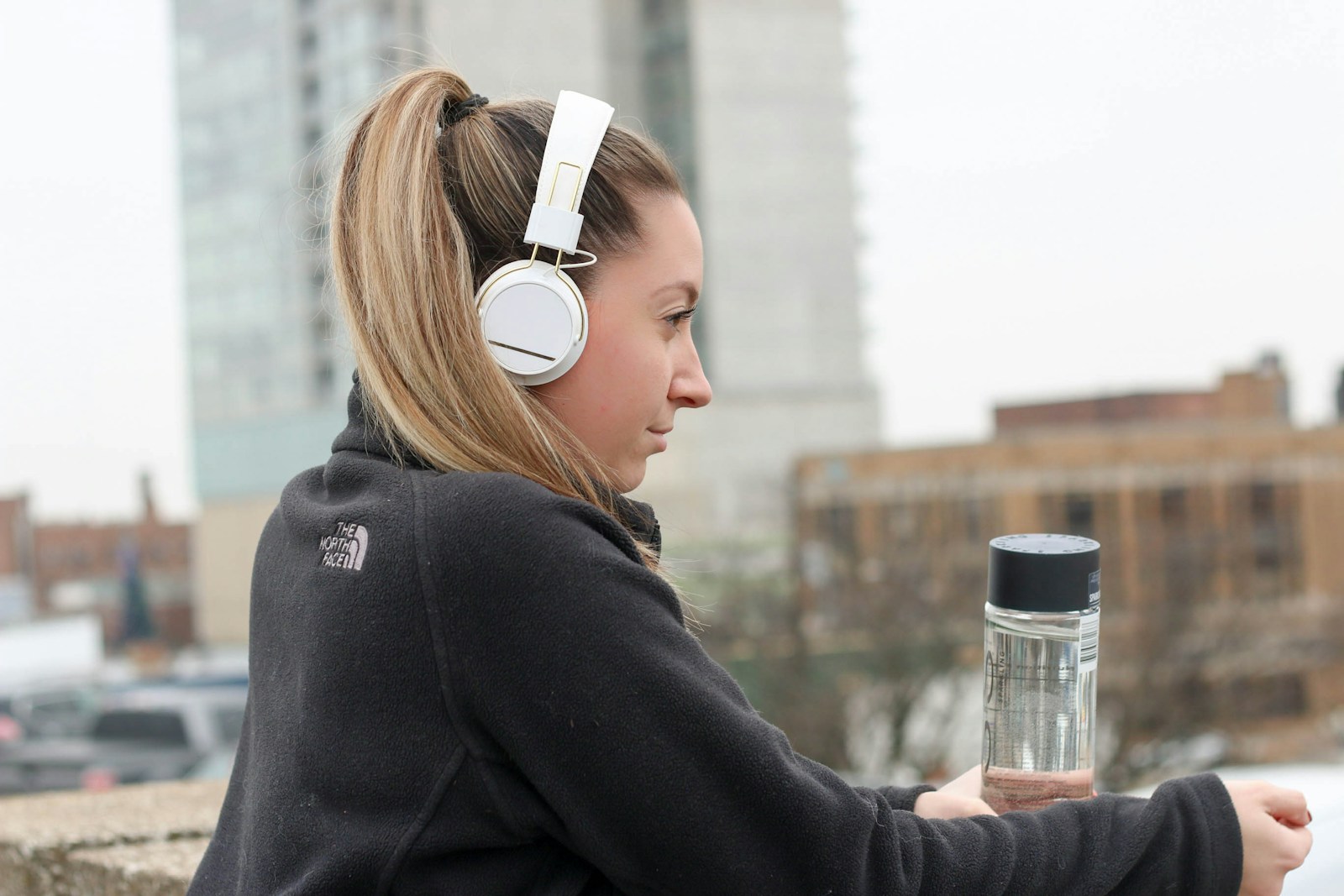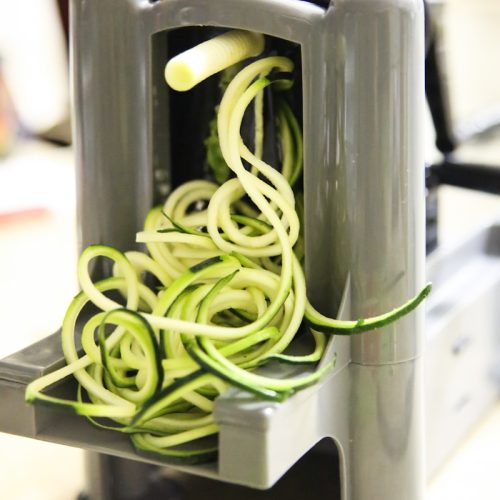Water is essential for life, yet many people don’t fully appreciate the importance of staying properly hydrated. Hydration plays a critical role in almost every bodily function, from regulating body temperature to maintaining joint health and supporting cognitive function. Despite its importance, dehydration is common and can have serious consequences on your health and well-being. In this article, we’ll explore the importance of hydration, the signs of dehydration, and practical tips to help you stay properly hydrated throughout the day.
1. Why Hydration is Crucial for Your Health
Water makes up about 60% of your body weight and is involved in a wide range of vital functions. Every cell, tissue, and organ in your body needs water to function correctly. Here are some of the key reasons why staying hydrated is so important:
Regulates Body Temperature
- Water plays a crucial role in maintaining your body temperature. When you exercise or are exposed to heat, your body sweats to cool down. This sweat evaporates from your skin, which helps regulate your body temperature. Without adequate hydration, your body’s ability to cool itself is compromised, leading to heat-related illnesses like heat exhaustion or heat stroke.
Supports Digestion and Nutrient Absorption
- Water is essential for digestion, helping to break down food so your body can absorb nutrients. It also aids in the movement of food through the digestive tract, preventing constipation and promoting regular bowel movements.
Maintains Joint and Muscle Health
- Proper hydration keeps your joints lubricated and your muscles working efficiently. Water helps form the synovial fluid that cushions your joints and prevents friction between the bones. Dehydration can lead to muscle cramps, stiffness, and an increased risk of injury during physical activity.
Boosts Cognitive Function
- Your brain relies on proper hydration to function at its best. Even mild dehydration can impair cognitive abilities, including concentration, memory, and mood. Staying hydrated helps you stay focused, alert, and mentally sharp throughout the day.
Promotes Healthy Skin
- Water is essential for maintaining healthy skin. Proper hydration helps your skin stay moisturized, improves elasticity, and promotes a healthy complexion. Dehydration can lead to dry, flaky skin and exacerbate conditions like eczema.
Supports Kidney Function and Detoxification
- Your kidneys play a vital role in filtering waste products from your blood and excreting them through urine. Staying hydrated helps your kidneys function properly and prevents the buildup of waste products in your body. Dehydration can lead to kidney stones, urinary tract infections, and other kidney-related issues.
Aids in Weight Management
- Drinking water can help with weight management by promoting feelings of fullness and reducing the likelihood of overeating. Sometimes, the body can confuse thirst with hunger, leading to unnecessary snacking. Staying hydrated helps you differentiate between hunger and thirst cues.
2. Signs of Dehydration
Dehydration occurs when your body loses more fluids than it takes in, and it can happen quickly, especially in hot weather or during intense physical activity. Recognizing the signs of dehydration is essential for taking prompt action and preventing more severe health issues.
Common Signs of Dehydration:
- Thirst: Thirst is your body’s natural signal that you need to drink water. However, by the time you feel thirsty, you may already be mildly dehydrated.
- Dark Urine: Dark yellow or amber-colored urine is a sign that your body is conserving water, indicating dehydration. Ideally, your urine should be light yellow or pale straw-colored.
- Dry Mouth and Lips: A dry mouth or cracked lips are common signs of dehydration. Your body needs water to produce saliva, and when you’re dehydrated, saliva production decreases.
- Fatigue and Weakness: Dehydration can lead to a drop in energy levels, making you feel tired, weak, and lethargic.
- Headaches: Dehydration can cause headaches or migraines due to reduced blood flow and oxygen to the brain. This can also be accompanied by dizziness or lightheadedness.
- Decreased Urination: If you’re urinating less frequently than usual, it could be a sign that you’re not drinking enough water.
- Muscle Cramps: Dehydration can lead to an electrolyte imbalance, causing muscle cramps or spasms, particularly during exercise.
- Dry Skin: When you’re dehydrated, your skin can lose its elasticity and become dry or flaky. A simple test is to pinch the skin on the back of your hand—if it doesn’t return to its normal position quickly, you may be dehydrated.
Severe Dehydration Symptoms:
- Severe dehydration is a medical emergency and requires immediate attention. Symptoms of severe dehydration include extreme thirst, confusion, rapid heartbeat, rapid breathing, sunken eyes, and fainting. If you or someone else experiences these symptoms, seek medical help right away.
3. How Much Water Do You Need?
The amount of water you need varies depending on several factors, including your age, gender, activity level, and climate. A common guideline is to drink at least eight 8-ounce glasses of water per day, known as the “8×8 rule.” However, your individual needs may be higher or lower.
Factors That Influence Water Needs:
- Activity Level: If you’re physically active, you’ll need more water to replace fluids lost through sweat. This is especially important during exercise or in hot weather.
- Climate: Hot, humid, or dry climates can increase your need for water as your body works harder to regulate temperature.
- Health Conditions: Certain health conditions, such as fever, vomiting, diarrhea, or urinary tract infections, can increase your fluid needs. Pregnant and breastfeeding women also require additional fluids.
- Diet: If your diet is high in salty or sugary foods, you may need more water to help flush out excess sodium and sugar. Foods high in water content, like fruits and vegetables, can also contribute to your daily hydration needs.
Hydration Tips:
- Drink Regularly: Don’t wait until you’re thirsty to drink water. Make a habit of sipping water throughout the day to stay hydrated.
- Eat Water-Rich Foods: Incorporate water-rich foods like cucumbers, watermelon, strawberries, and lettuce into your diet to boost your hydration.
- Monitor Urine Color: Use the color of your urine as a simple gauge of your hydration status. Aim for light yellow or pale straw-colored urine.
- Carry a Water Bottle: Keep a reusable water bottle with you wherever you go. This makes it easy to stay hydrated throughout the day, whether you’re at work, running errands, or exercising.
- Set Reminders: If you often forget to drink water, set reminders on your phone or use a hydration tracking app to help you stay on track.
- Flavor Your Water: If you find plain water boring, try adding a slice of lemon, lime, cucumber, or a few fresh mint leaves for a refreshing twist.
4. Special Considerations for Athletes
For athletes and those who engage in intense physical activity, hydration becomes even more critical. During exercise, your body loses water and electrolytes through sweat, and failing to replace these can impair performance and lead to dehydration.
Hydration Tips for Athletes:
- Pre-Hydrate: Drink water before your workout to ensure you start hydrated. Aim to drink about 16-20 ounces of water 2-3 hours before exercise.
- Hydrate During Exercise: If you’re exercising for more than an hour, especially in hot or humid conditions, drink water at regular intervals. Sports drinks can also be helpful for replacing lost electrolytes during prolonged exercise.
- Rehydrate After Exercise: After your workout, drink water or a sports drink to replenish fluids and electrolytes lost during exercise. Weighing yourself before and after exercise can help you determine how much fluid you need to replace.
Benefits: Proper hydration before, during, and after exercise helps maintain performance, reduces the risk of cramps and heat-related illnesses, and supports faster recovery.
Conclusion
Hydration is a fundamental aspect of health that affects everything from your physical performance to your cognitive function and overall well-being. By making hydration a priority, you can support your body’s vital functions, improve your energy levels, and prevent the negative effects of dehydration. Remember to drink water regularly, pay attention to your body’s signals, and adjust your fluid intake based on your activity level, climate, and individual needs. With these simple habits, you can ensure that your body stays properly hydrated and ready to take on whatever the day brings.
Tags: hydration tips, importance of hydration, dehydration signs, water intake, healthy living, hydration for athletes, staying hydrated, daily water needs, hydration and health, benefits of drinking water





